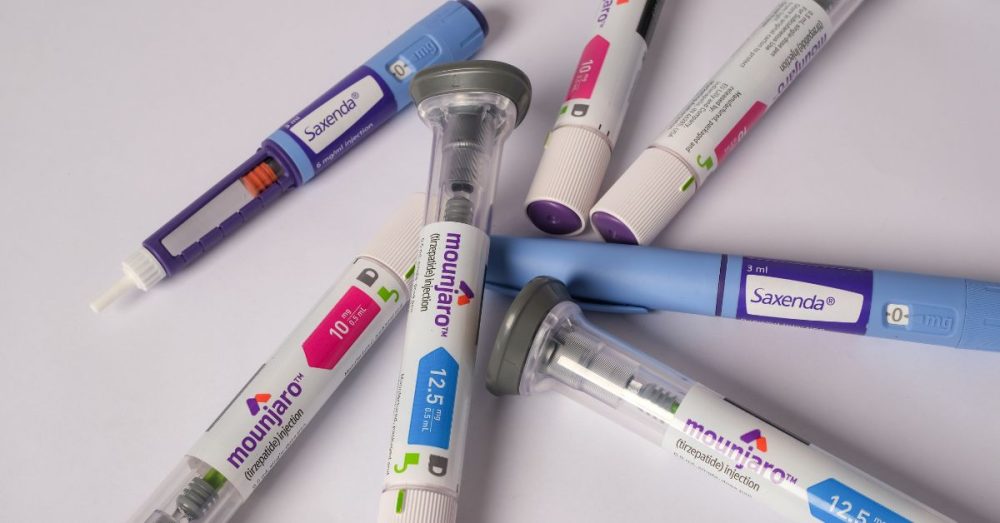Researchers seem to be learning new things every day about the increasingly popular weight loss drugs being put out by the pharmaceutical industry.
Apparently, such medication does not just make people who take it less hungry but alters their metabolism, a consequence that has taken scientists by surprise.
As previously reported by The Dallas Express, obesity has been a growing problem in the United States, with experts expecting more than half the country’s population to be obese by 2035.
The number of people considered to be clinically obese has reached over 1 billion worldwide. According to data from the CDC, 1 in 5 American adults was obese in 2022. Obesity is a particular problem in Texas, where the condition has made significant gains over the past few years, with 35.5% of adults and 17% of children between the ages of 10 and 17 estimated to be obese.
Here’s some of what Newsweek published on researchers’ latest discovery regarding weight loss drugs:
Weight loss drugs such as Ozempic, Wegovy and Mounjaro seem to directly impact metabolism, not just appetite, according to a new study.
It was previously thought these drugs—collectively called glucagon-like peptide 1 (GLP-1) analogs—worked by making people feel fuller so they eat less.
But the results of a recent clinical trial suggest it’s not as simple as that. People who took GLP-1 daily for 24 weeks experienced both weight loss and an increased metabolism.
The more weight they lost, the more their metabolisms seemed to be affected, and people with a sluggish metabolism at the beginning of the study seemed to experience the most benefits.
“It always seemed oversimplistic to me that these new treatments were just making people eat less,” said research lead Professor Donal O’Shea in a statement. “So, this study is an exciting step forward in our understanding of how these new medicines for obesity work.”


